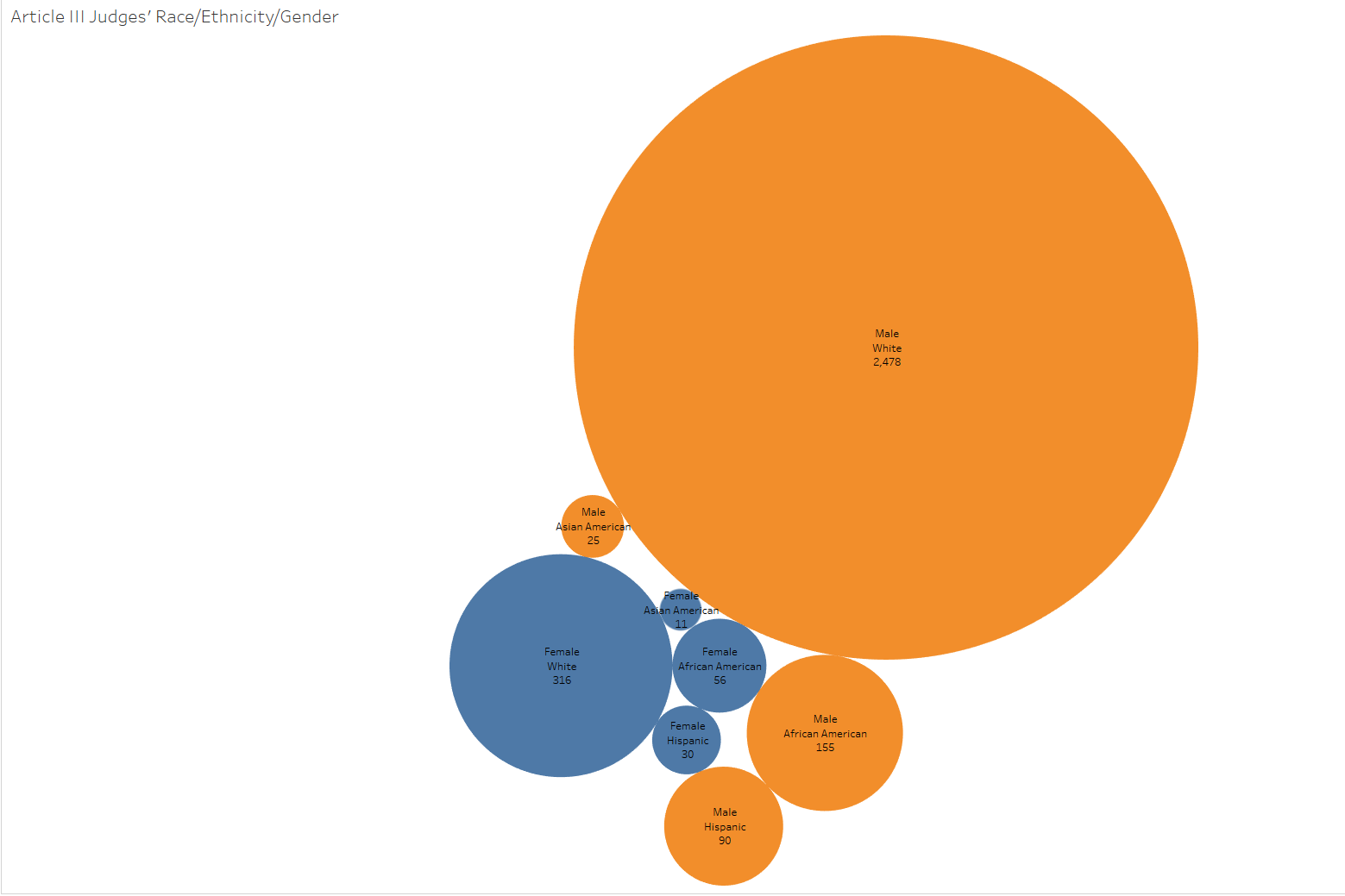Delving Into The Psychology Of Agatha Christie's Poirot

Table of Contents
Poirot's Ego and Superiority Complex
Poirot's inflated self-image is a defining characteristic, profoundly impacting his investigations. His pronouncements of utilizing his "little grey cells" aren't simply boastful; they reveal a deep-seated need to assert his intellectual superiority. This ego, while contributing to his confidence, also presents limitations.
- His meticulous attention to detail stems from a need for control and order: Poirot's obsessive tidiness and insistence on order reflect a desire to impose structure on a world he often finds chaotic. The meticulous arrangement of his belongings mirrors his approach to crime solving—a systematic dismantling of disorder to reveal the truth.
- His pronouncements of "little grey cells" highlight his intellectual superiority: This famous phrase is more than a catchphrase; it's a declaration of his intellectual dominance, a reassurance to himself and a subtle intimidation tactic towards others.
- His eccentricities (mustache, routine) are manifestations of his need for self-assurance: His carefully groomed mustache, his specific morning routine, and his insistence on certain comforts are all security blankets, reinforcing his sense of self and control.
- His ego sometimes hinders his relationships and blinds him to certain truths: Poirot's arrogance can lead him to dismiss the contributions of others, potentially overlooking crucial details or misinterpreting information due to his unwavering belief in his own infallibility. This vulnerability is subtly explored throughout the novels.
Poirot's Methodical Approach and Deductive Reasoning
Poirot's investigative techniques are not merely methods; they are deeply rooted in his psychology. His systematic approach reflects a need for structure and predictability, a way to manage the inherent anxiety of confronting chaos and the unknown.
- His systematic approach reflects a need for structure and predictability in a chaotic world: Poirot's methodical approach is his defense mechanism against the disturbing realities of crime. He establishes order amidst the chaos of a murder scene, transforming it into a puzzle he can solve.
- His use of observation and inference as tools to manage his anxieties: The detailed observation isn't just about gathering facts; it's about gaining control. By systematically analyzing clues, he reduces the ambiguity and uncertainty inherent in the investigation.
- His reliance on logic and reason combats his fear of the unknown: Logic and reason are tools Poirot uses to confront the irrationality and unpredictable nature of human behavior. By relying on his "little grey cells," he creates a sense of order and control.
- His methodical approach has a psychological impact on suspects: Poirot's deliberate and precise manner can unsettle suspects, creating pressure and potentially forcing confessions or revealing inconsistencies in their stories.
The Psychological Portrayal of Criminals in Christie's Novels
Agatha Christie masterfully utilizes psychology to craft memorable villains. Their motivations, methods, and psychological profiles are intricately woven into the narratives, adding depth and complexity to the mysteries.
- Examine the motivations behind the crimes committed – greed, revenge, jealousy, etc.: Christie explores the deep-seated psychological reasons behind criminal acts, showing that often, crimes are not simply acts of malice but rather the culmination of complex emotional and psychological factors.
- Discuss the psychological profiles of different antagonists and their methods: Each villain in a Poirot novel represents a unique psychological profile, showcasing the diversity of human motivations and the myriad ways people can commit crimes.
- How Christie uses psychological clues to expose the perpetrators: Christie often uses subtle psychological details—a nervous tic, an unexpected reaction, a slip of the tongue—to reveal the guilt of the perpetrator.
- Analyze the psychological impact of the crimes on the victims and witnesses: The psychological trauma inflicted on the victims and witnesses is an often understated yet crucial element of Christie's novels, highlighting the lasting consequences of criminal acts.
The Influence of Poirot's Background and Experiences
Poirot's Belgian heritage and wartime experiences significantly shape his personality and investigative approach. His background provides a unique perspective, influencing his understanding of human nature and his interactions with others.
- How his experience with death and violence influences his perceptions and insights: Poirot's exposure to violence and death during the war provides him with a unique understanding of the darker side of human nature, allowing him to anticipate the motivations of criminals.
- The impact of his cultural background on his understanding of human behavior: Poirot's Belgian heritage, with its distinct cultural nuances, adds another layer to his perspective, influencing his interpretations of human behavior and interactions.
- How his past informs his methods and interactions with others: Poirot’s experiences shape his methods, making him empathetic yet detached, allowing him to connect with people while maintaining a crucial objectivity during investigations.
Conclusion
This exploration into the psychology of Agatha Christie's Hercule Poirot reveals a complex and multifaceted character whose brilliance stems not only from exceptional intellect but also from a compelling psychological profile. His ego, methodical approach, and keen understanding of human nature all contribute to his unparalleled success in unraveling intricate mysteries. The psychological depth Christie imbues into both Poirot and her villains solidifies her position as a master of crime fiction.
Call to Action: Delve deeper into the world of Agatha Christie and explore the fascinating psychology behind the most celebrated detective of all time. Revisit your favorite Poirot novels and look for the subtle psychological nuances that make these stories so enduringly captivating. Further research into the psychology of Agatha Christie’s characters can reveal even more layers to this compelling literary landscape.

Featured Posts
-
 Eurovision 2025 Analyzing The Top Five Frontrunners
May 20, 2025
Eurovision 2025 Analyzing The Top Five Frontrunners
May 20, 2025 -
 Nvidia Ai
May 20, 2025
Nvidia Ai
May 20, 2025 -
 Ginger Zee Of Gma Visits Wlos To Promote Asheville Rising Helene Special
May 20, 2025
Ginger Zee Of Gma Visits Wlos To Promote Asheville Rising Helene Special
May 20, 2025 -
 Bundesliga Mainzs Dramatic Turnaround Against Rb Leipzig Thanks To Burkardt And Amiri
May 20, 2025
Bundesliga Mainzs Dramatic Turnaround Against Rb Leipzig Thanks To Burkardt And Amiri
May 20, 2025 -
 Is A World Class Striker Headed To Man Utd Agents Visit Sparks Transfer Rumors
May 20, 2025
Is A World Class Striker Headed To Man Utd Agents Visit Sparks Transfer Rumors
May 20, 2025
